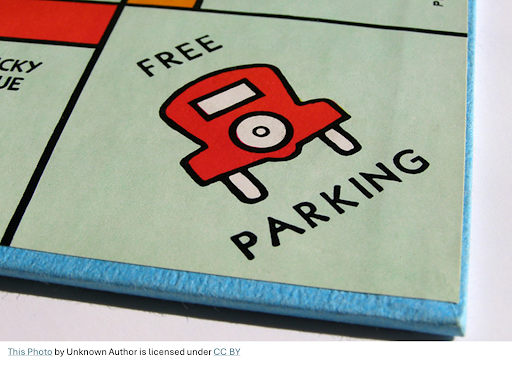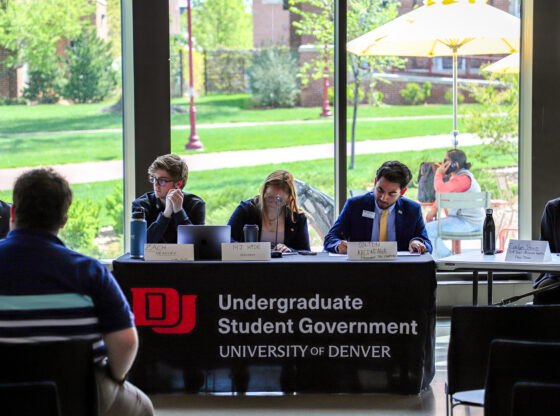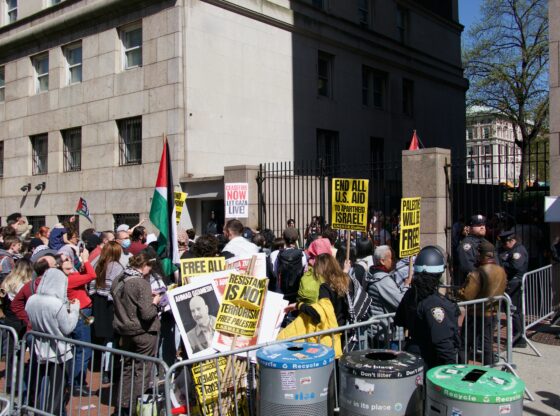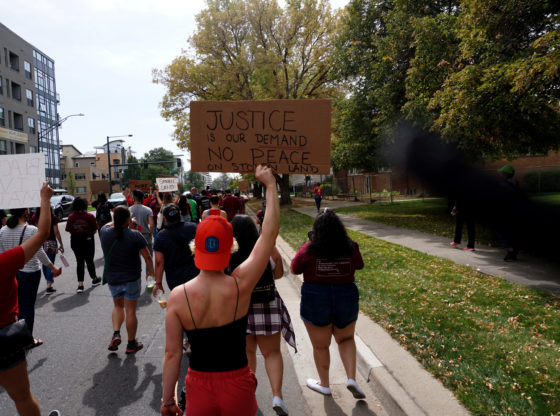On Jan. 11, 13 former press secretaries from the White House, State Department and Department of Defense wrote an opinion article on CNN urging the government to resume daily press briefings. Stephanie Grisham, the current White House press secretary, has not held any since she received the position.
Grisham refused, telling Axios, “The press has unprecedented access to President Trump, yet they continue to complain because they can’t grandstand on TV.”
The last scheduled briefing the White House has held by a press secretary was on March 11, 2019 with Sarah Huckabee Sanders. In June 2019, she resigned from the position to spend more time with her family. Her briefings were not common. But now, they are non-existent with her successor.
The first press briefing was held in 1913 during the presidency of Woodrow Wilson. The press moved their agenda from aiding the political parties to wanting stories that would help sell papers. Over time, the briefings became more frequent, and in 1961, John F. Kennedy was the first president to do a televised press briefing. In 1963, Lyndon Baines Johnson began to hold more impromptu sessions where reporters could ask questions, and this set the precedent for the press briefings’ guidelines in today’s time.
Press secretaries mainly held the briefings, while presidents presented their ideas a few times a month in an effort to reach out to the American people. The briefings were used by administrations to introduce or explain a new plan or policy to the public and build support for it. The reporters were used as messengers. Under the current administration, though, this has changed significantly.
Grisham’s argument for not holding the briefings is that she feels that they became “theater.” She believes that the reporters only cared about creating controversy, going viral and making their names and faces better known to the public.
As an alternative to these briefings, Grisham frequently talks to reporters off-camera and off-the-record where nothing can be directly linked to her. If she is on camera, she can most likely be found on Fox News since they have an established history of being pro-Trump.
She believes that by not doing the daily briefings, she is making herself more available to the media, stating, “I talk to—I wouldn’t say hundreds—but nearly a hundred reporters a day.” Grisham contends that this would not be the case if she had to stand behind the podium at a press briefing.
But if she did the press briefing, she would be able to talk to a number of reporters at once who have many of the same questions. The real reason that Grisham is doing off-record interviews, making statements on Twitter and catering to FOX is that it allows her to control the narrative that gets published. If she did a briefing, the questions would have to be live, televised and would not be given to her beforehand.
On FOX, Grisham knows the questions will be easy to answer and she will not be forced to make statements the president would not approve of. The shows she goes on want to do their best to ensure that she and the White House are not portrayed poorly. They let her go off the record and she has the authority to state what can and cannot be quoted as her. If a controversial statement does get out, she can easily blame it on the “liberal media” quoting her wrong or taking it out of context as there is no evidence the words were said by her.
While Grisham did make valid points that she still answers questions from the press, there is no accountability. At a time when impeachment proceedings, escalated tensions with Iraq and other major developments are occurring, the press needs to be briefed daily. Not having press briefings leads to media outlets having to speculate about what is going on in the White House and the public having to look towards incoherent tweets on Twitter.
Walter Cronkite was a journalist in the 1960s and 1970s who was said to be “the most trusted man in the US.” He once stated, “Freedom of the press is not just important to democracy, it is democracy.”
The way that press briefings are currently being conducted limits the freedom of the press. It limits how much access the public has to those who represent government departments. Without the press briefings, our democracy is being weakened in its very foundation.











